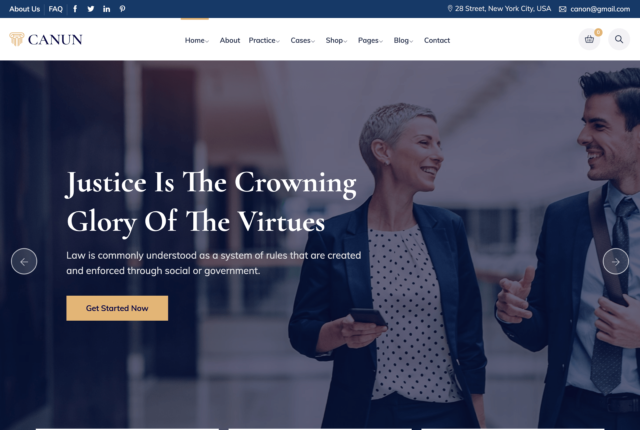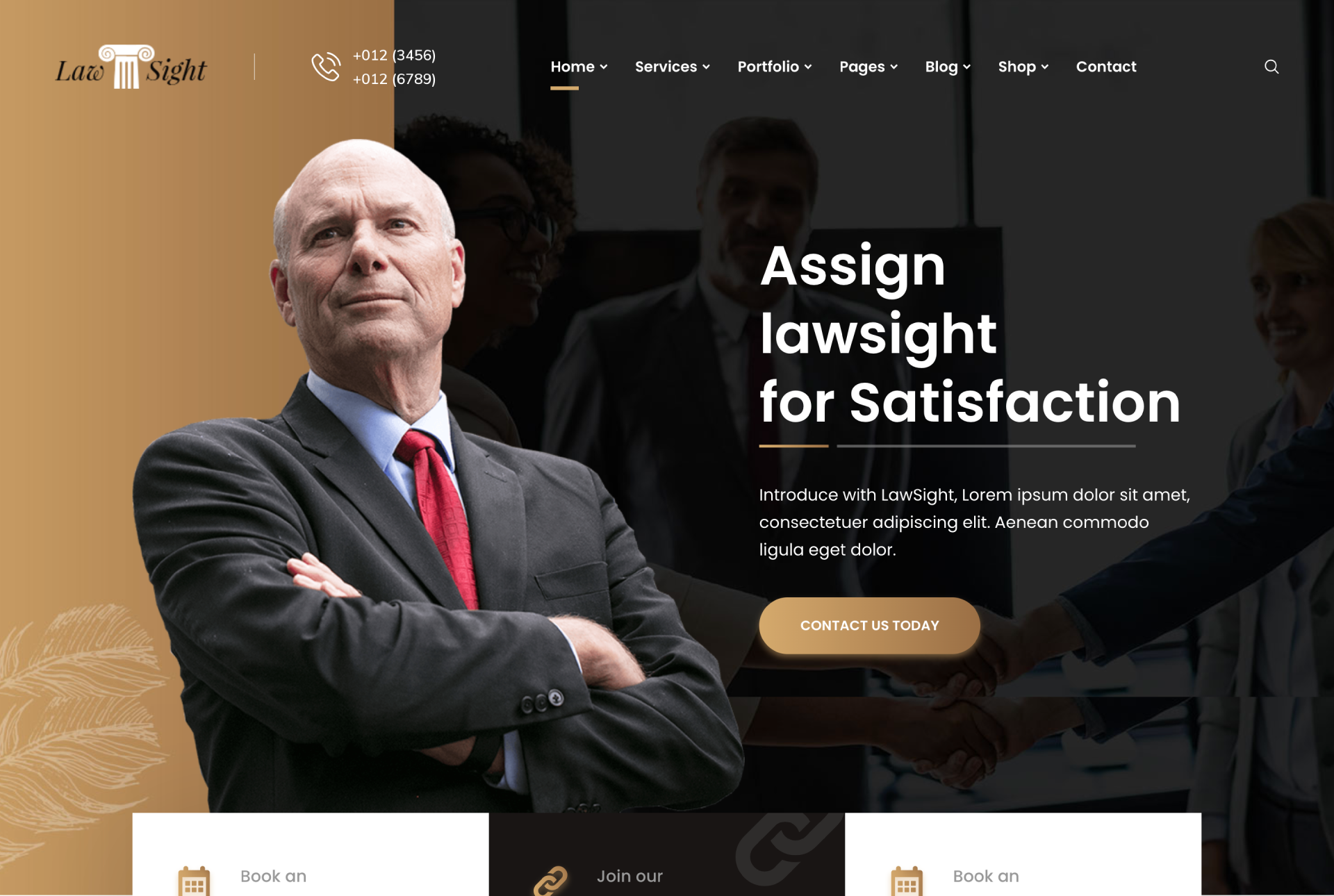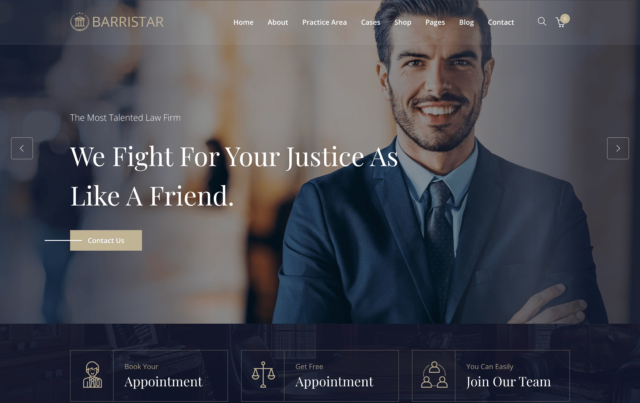Attorney Advertising Rules for the State of Washington
Read for more information on the rules for online advertising for Washington attorneys
In Washington State, attorney advertising is governed by the Washington Rules of Professional Conduct (RPC), particularly RPC 7.1 and RPC 7.3. These rules are designed to ensure that lawyers’ communications about their services are truthful, not misleading, and uphold the integrity of the legal profession.
RPC 7.1: Communications Concerning a Lawyer’s Services
This rule mandates that a lawyer must not make false or misleading communications about themselves or their services. A communication is considered false or misleading if it contains a material misrepresentation of fact or law, or omits information that makes the statement as a whole misleading. For example, a lawyer may state that they are a “specialist” in a particular field, provided that such a claim is truthful and not misleading.
RPC 7.3: Solicitation of Clients
This rule addresses direct solicitation of clients. A lawyer is prohibited from soliciting professional employment through in-person, live telephone, or real-time electronic contact when a significant motive is the lawyer’s pecuniary gain, unless the person contacted is a lawyer or has a family, close personal, or prior professional relationship with the lawyer. Solicitations are also prohibited if the target has expressed a desire not to be solicited or if the solicitation involves coercion, duress, or harassment.
Recent Amendments to Advertising Rules
In January 2021, the Washington Supreme Court implemented significant changes to the lawyer marketing rules in Title 7 of the RPCs. These amendments streamlined the regulations, reducing the number of specific rules and focusing on the core principle of preventing false or misleading communications. Notably, former RPCs 7.2, 7.4, and 7.5 were eliminated, with their essential provisions incorporated into the comments of RPC 7.1. This restructuring aims to simplify compliance while maintaining ethical standards.
Guidance on Specific Advertising Practices
- Use of Trade Names: Law firms may use trade names, provided they are not misleading and do not imply a connection with a government agency or public charitable legal services organization.
- Claims of Specialization: Lawyers are permitted to state that they are specialists or specialize in particular fields, as long as such statements are truthful and not misleading. This change reflects a more flexible approach, allowing lawyers to communicate their areas of focus more openly.
- Payment for Recommendations: Lawyers may pay for reasonable advertising costs and the usual charges of a legal service plan or a not-for-profit lawyer referral service. However, paying for referrals that amount to sharing legal fees with non-lawyers remains prohibited.
Implications for Legal Practitioners
These revisions align Washington’s rules with national trends toward simplifying attorney advertising regulations. By focusing on the prohibition of false and misleading communications, the rules provide lawyers with greater flexibility in marketing their services, while ensuring that the public receives accurate information.
Attorneys practicing in Washington should familiarize themselves with these updated rules to ensure compliance in their advertising practices. For comprehensive information and resources, attorneys can consult the Washington State Bar Association’s website, which provides access to the full text of the rules, ethics opinions, and guidelines to assist lawyers in adhering to ethical standards in all aspects of their practice.
Washington State Bar Association
Our marketing packages include the following
Search Engine Optimization
Paid Search Management
Legal Content Development
Website Design
Live Chat
Social Media Management









